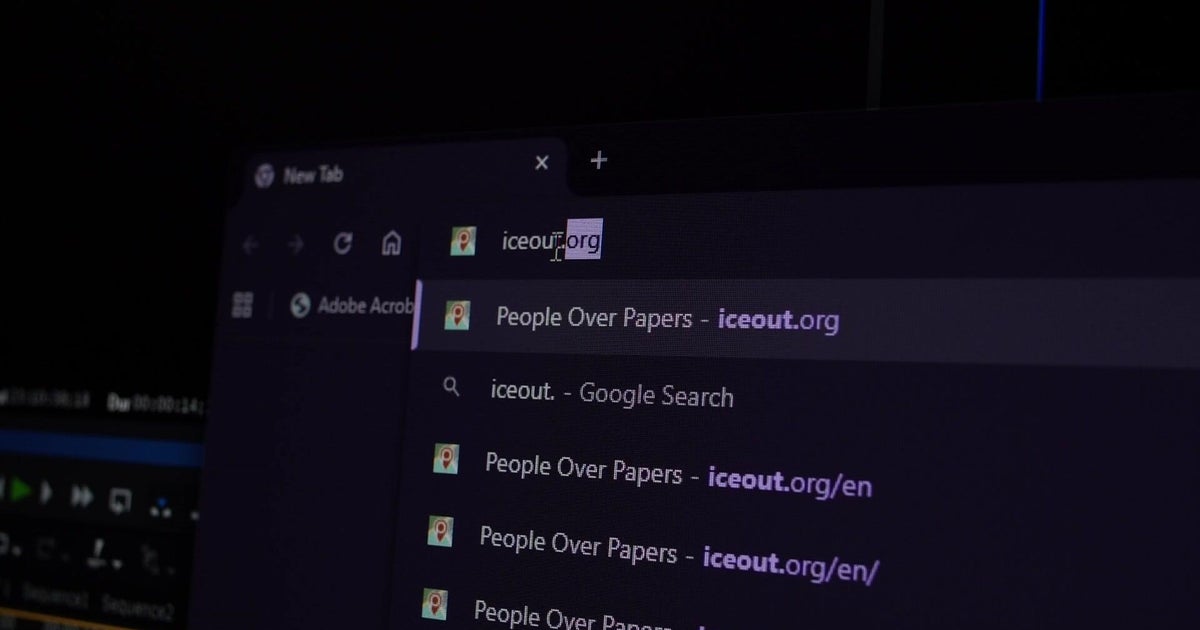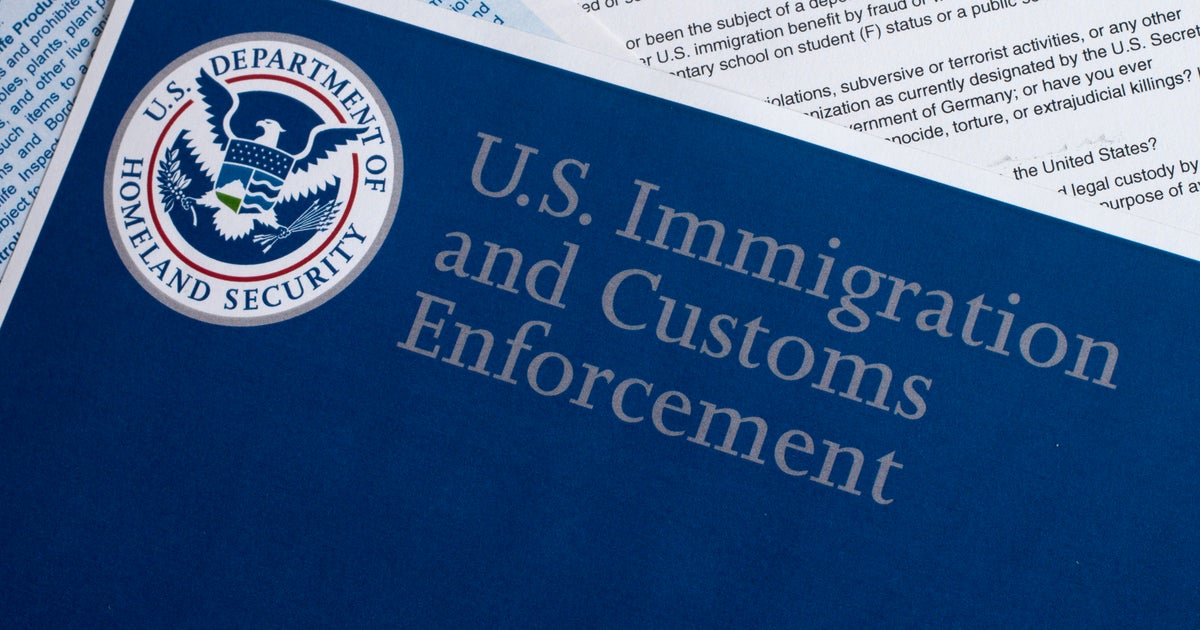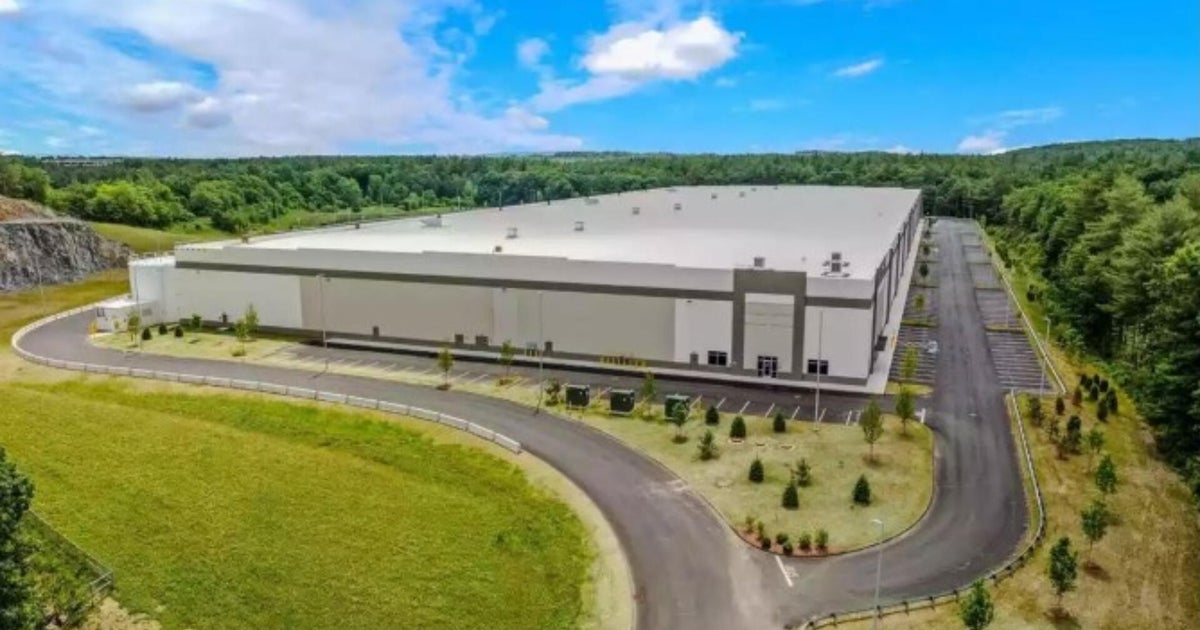ICE Obtaining License Plate Tracking Data From Bay Area Firm
LIVERMORE (CBS SF) – The U.S. Immigration and Customs Enforcement agency is gaining access to a nationwide license plate database from a Bay Area-based company.
In a statement to KPIX 5, ICE spokesman James Schwab said the agency has issued a contract "to obtain query-based access to a commercially available license plate reader database."
ICE said its contract is with Minnesota-based West Publishing, which has partnered with Livermore-based Vigilant Solutions to provide the service. Vigilant provides license plate and facial recognition systems to law enforcement agencies across the U.S.
As first reported in The Verge, the contract would give ICE access to billions of license plate records, along with real-time location tracking.
"Like most other law enforcement agencies, ICE uses information obtained from license plate readers as one tool in support of its investigations," said Schwab in his statement.
Schwab also said ICE is not seeking to build a license plate reader database and "will not collect nor contribute any data to a national public or private database through this contract."
Matt Cagle, an attorney who specializes in technology and privacy for the ACLU, said the cameras could provide ICE with vital information.
"Over time, if our car is seen many times in public by these license plate readers, law enforcement and the government can paint a picture of our whereabouts; where we've been, where we work," said Cagle.
Former FBI agent and KPIX 5 security analyst Jeff Harp says this is all public information.
"It's just one of many tools that they have available to them, like Facebook and Google and all of these other tools that we have in this high-tech corridor of San Francisco," said Harp.
"Many local police departments have purchased license-plate readers from Vigilant and placed them on their patrol cars. Vigilent has created a large private collection of license plates," said Cagle.
Atlantic Magazine reported Vigilent has more than two billion images of license plates in their massive database.
"You've got cities that have prohibited local law enforcement from working with immigration and customs enforcement," added Harp. "They're going to have to think of other ways to get what they need."
But Cagle says local governments should have more say over how their data is used.
"Communities should be able to decide whether their local systems become part of Trump's high-tech deportation machine," said Cagle.
Data Vigilant Solutions responded with this statement:
As policy, Vigilant Solutions is not at liberty to share any contractual details. This is a standard agreement between our company, our partners, and our clients. However, we are willing to comment on the general use of ALPR technology.
Automated license plate recognition (ALPR) systems capture a photograph of a license plate number, and simultaneously record the date and time the photograph was taken, along with the latitude/longitude of where the camera was located at the time the photograph was taken.The only way to link an anonymous ALPR data record to personally identifiable information, like a name or address, is to obtain access to a state's Department of Motor Vehicle database. This is restricted by a strong federal law, the Driver's Privacy Protection Act (DPPA), which carries stiff fines and federal prison penalties for any violation.
License plates are required by law to be mounted on vehicles in all 50 states for vehicle identification purposes. Photographs of those plates taken in public places by private entities are routinely used to find stolen cars, locate vehicles driven by missing people, recover assets, and investigate insurance fraud. Law enforcement investigators who are trying to solve crimes can access this commercially available dataset of anonymous license plate photographs to determine a possible lead.







